Investigator
Funded Projects
The AASM Foundation funds high-impact projects that are aimed at improving sleep health for all. Over the past 22 years, the AASM Foundation has invested more than $19.2 million in funding career development, high-impact research, clinical training and community initiatives. These cross-cutting sleep projects range from molecular mechanisms of sleep to population sleep health.
Congratulations to the recipients of our 2020 grant cycle.
2020 Strategic Research Grant Recipients

The Role of Epigenetic Modification of Pax8 in Hypersomnia
Excessive sleep duration is a debilitating aspect of idiopathic hypersomnia (IH), the pathophysiology of which is unknown. This project will determine whether epigenetic modification of PAX8 differs between patients with IH and healthy persons and whether epigenetic modification of PAX8 is a state or trait marker for hypersomnia. The results of this innovative project will advance the diagnosis and treatment of patients with hypersomnia, with high relevance and impact to the field of sleep medicine.
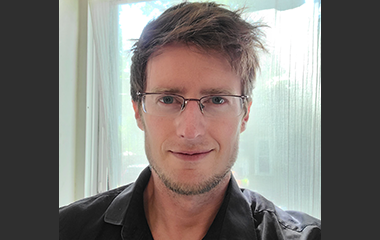
Oral appliances are highly effective for many patients with sleep apnea, but efficacy is unpredictable and dependent on several endotypic traits (“loop gain”, “collapsibility”, “arousal threshold”, “palate prolapse”). Here we will test leading endotype models for predicting responses from home sleep studies with EEG, and will prospectively-test a refined model. The study would, for the first time, demonstrate utility for mechanistic phenotyping in clinical practice and enable precision mechanism-driven decision making for oral appliance therapy.

Idiopathic hypersomnia (IH) is a poorly defined nosological entity and shows phenotype heterogeneity. Sleep microarchitecture has the potential to explain part of IH pathophysiology and heterogeneity, as it can inform about homeostatic process efficiency, neural synchrony, and sleep consolidation. We propose to characterize IH sleep microarchitecture and identify clinically-relevant subtypes based on their microarchitecture. This project could improve our understanding of IH and reveal subtypes, which are necessary steps before developing more targeted interventions.

Rest-activity rhythms play an important role in cardiovascular health. Our study will comprehensively characterize the diurnal and rhythmic patterns of rest and activity, examine the prospective relationship between rest-activity rhythms and cardiovascular disease outcomes, and identify the underlying metabolic and inflammatory pathways that may drive the cardiovascular effects of rest-activity rhythms. Our study will deepen the understanding about the biological pathways linking circadian dysfunction with cardiovascular health.
2020 Community Sleep Health Grant Recipients

Hope Clinic offers free medical programs in Ypsilanti, Michigan to uninsured patients, mostly racial/ethnic minorities and immigrants. Despite high burden of sleep disorders, these patients lack access to sleep care. Our project will establish a free sleep clinic staffed with volunteer physicians who will screen, evaluate, and treat sleep disorders. Equipment for testing and treating obstructive sleep apnea will be provided to patients. The new sleep clinic will directly impact the health of >40 unique patients annually.
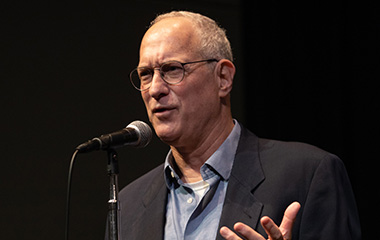
Over 25 million Americans, disproportionately African American, suffer from obstructive sleep apnea, yet up to 80% go undiagnosed. In creating a documentary feature that combines sufferers’ firsthand experiences of the disease with expert testimonies, OUT OF BREATH will spread awareness of this health crisis. The film will expose the seriousness and consequences of sleep apnea to the larger populace while also inspiring changes in how the healthcare community addresses sleep apnea and treats underserved communities.
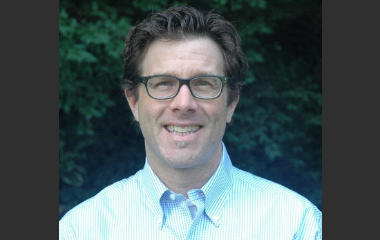
Poverty is a risk factor for poor sleep health. Rochester (NY) is one of the poorest U.S. cities, with approximately 25,000 children living in poverty. Our project seeks to provide innovative, online sleep-health training to school-based counselors from the Center for Youth. By assessing the counselors’ knowledge of sleep health and targeting workshops to support knowledge gaps, we hope to increase local children’s engagement in healthy sleep by teaching/supporting the counselors who serve them.

Many students are not learning about the importance of sleep; neither are parents or most educators. Sleep is foundational to health but receives less attention in school health classes than nutrition or physical activity. We will identify K-12 sleep health curricular standards in each state and create an easy to use resource guide, matching each state’s curricular requirements to sleep-related content. We will identify sleep health education gaps in state curricular standards, notifying states of improvement areas.
2020 ABSM Junior Faculty Grant Recipient
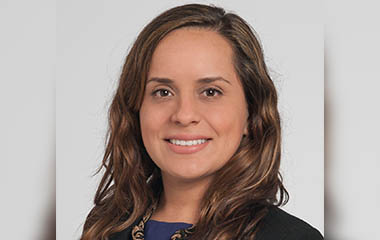
Development and investigation of interventions to improve patient follow up and PAP adherence after discharge is of paramount importance, particularly among patients admitted with acute decompensated heart failure. Creating models of care such as TIME (Telemedicine Intensive Motivational Enhancement) could hold the answer to promote treatment adherence post-discharge in acute decompensated heart failure, thereby improving cardiovascular and patient reported outcomes.
2020 Bridge to Success Grant Recipients

This proposal will examine whether racial differences exist in the association of slow wave sleep and plasma Aβ42/Aβ40 ratio in cognitively normal older adults in a sample of 40 African-Americans, compared to a group of 20, age, sex, Apolipoprotein E4, body mass index, education matched non-Hispanic whites. Participants will have neuroimaging measures of amyloid and nocturnal polysomnography recordings. Findings will inform the basis for designing interventions to increase sleep quality as a novel therapeutic target for Alzheimer’s Disease prevention.
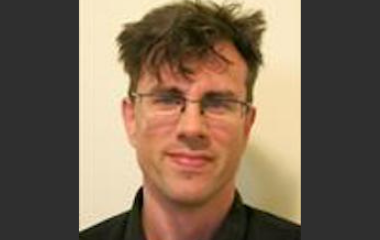
Sleep apnea and insomnia, the two most common sleep disorders, are comprised of heterogeneous subtypes, which remain poorly defined and may contribute differently to the risk of cardiopulmonary, metabolic and psychiatric diseases. Cluster analyses based on patterns of comorbid diseases will separate sleep apnea and insomnia into more homogeneous subtypes, providing cleaner phenotypes for genetic analyses and guiding risk stratification of patients. In this project, we will lay the foundation for the largest genetic analysis of validated diagnosed SA and insomnia disorders to date. This project study patterns of clinical diagnosis data to improve patient classification in two large-scale biobanks (Partners and Geisinger) to 1) demonstrate the clinical generalizability and technical feasibility of characterizing patient distributions, extracting clinical note terms from a second biobank using natural language processing, and optimizing the definition of controls; 2) identify diseases that share genetic architecture with SA and insomnia using heritability analyses; and 3) identify distinct sleep apnea and insomnia subgroups of patients with related comorbidity profiles using cluster analyses.

Drowsy driving accounts for one in eight crashes leading to hospitalization or death and patients with obstructive sleep apnea (OSA) and excessive daytime sleepiness have an increased risk of drowsy driving. However, there is large inter-individual variability in the relationship between OSA severity and sleepiness. Using data from the large multi-center cohort Sleep Heart Health Study, we will study the interaction between novel slow-wave specific electroencephalogram markers of sleepiness and hypoxic burden that may explain the inter-individual variation.

At high altitude, sleep disordered breathing is greatly amplified and results in intermittent and sustained hypoxemia, which have been implicated in the pathogenesis of insulin resistance. This study characterizes sleep disordered breathing-related hypoxemia patterns in Peruvian highlanders and their associations with epigenetic alterations of genes that regulate hypoxia sensing and glucose metabolism. We hypothesize that hypoxemia patterns have differential effects on fasting glucose and are associated with differential methylation of genes in the Mitogen-activated protein kinase and Peroxisome proliferator-activated receptor pathways.
2020 Focused Projects Grant for Junior Investigators Recipient

Poor sleep health during pregnancy is associated with poor pregnancy outcomes, but little is known about racial disparities in sleep health during pregnancy. We will 1) investigate the relationship between race and sleep disordered breathing incidence and severity in the NuMoM2b cohort and 2) assess effect modification/mediation by key risk-factors (socio-economic status and body mass index). Results will inform us on an understudied and significant public health topic, given dramatic racial disparities in maternal health in the United States.
2020 Sleep Medicine Fellow Funding Grant Recipients
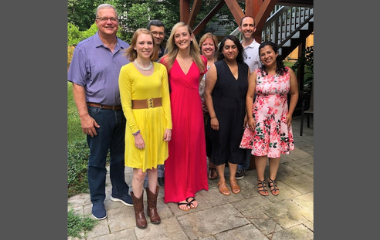
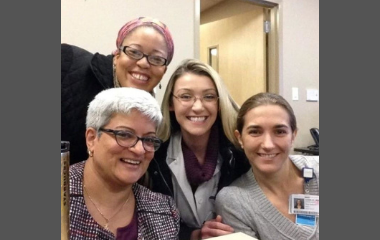
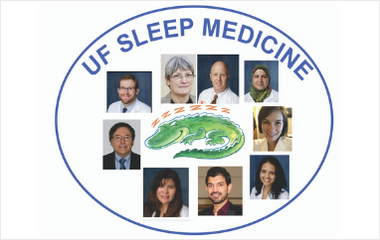
2020-2021 SOAR Fellows



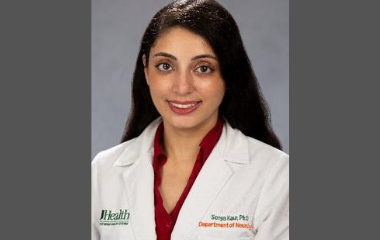

2020 Disaster Relief Fund Recipient
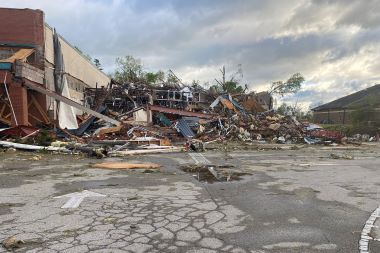
surroundings. The funds provided have gone a long way in the ongoing reconstruction.”
Winfred C. Manda, MD, FCCP

